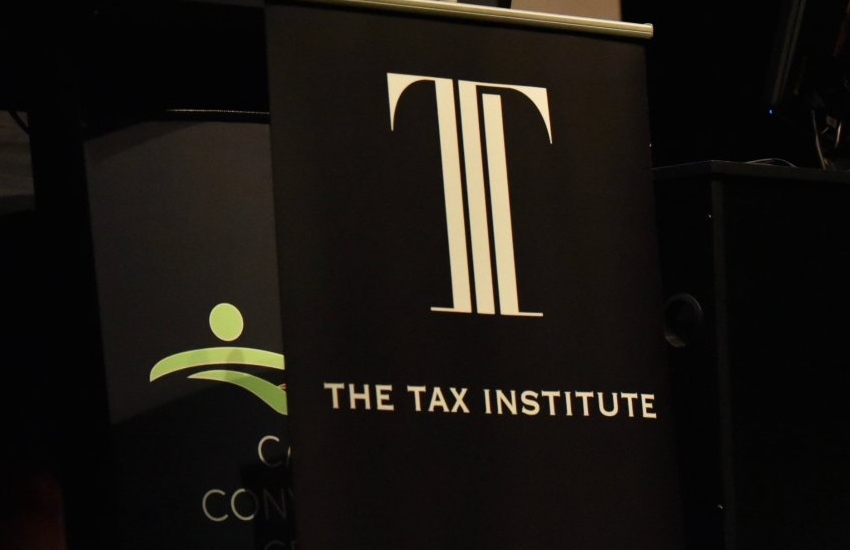Speaking to Accountants Daily, the Tax Institute’s senior tax counsel Professor Robert Deutsch said the varying rules and eligibility criteria around different small business concessions has been a constant bugbear for tax practitioners and their small business clients.
“Why do we need to have six different permutations of what's going to qualify? It is immensely complicated and in my view unnecessarily complicated,” said Professor Deutsch.
You’re out of free articles for this month
“This is one of the real issues why small businesses are finding it difficult to comply on a consistent basis with Australian tax law.
“There are special rules around depreciation, special rules around trading stock, special rules around GST, special rules around the type of BAS statements that you have to lodge, special rules around exemptions for FBT, and then you’ve got special rules around small business CGT concessions,” he added.
“My point is twofold, one that the actual concessions themselves and the conditions to qualify for the concessions are complex in their own terms but in addition, the overall qualifying elements are varied and complex as well. It's complicated that nobody can get in and then even if you qualify on that basis, it's complicated to work out what is the consequence to you.”
Instead, Professor Deutsch believes the government needs to examine the basis of the concessions and develop consistency across the board.
“What are we trying to protect here by conferring all these concessions? If we are genuinely concerned with small businesses that carry on active business and we want to encourage them to establish that type of enterprise and develop it, then the policy response should be lets give them concessions that will allow them to operate more efficiently but constrict it to that particular group,” said Professor Deutsch.
“To me, there are three essential ingredients- what's the size in terms of revenue, does it carry on a business and is it a active business and that should be the test once we've settled on the number that applies to all the concessions.
“Unless someone can explain in clear policy terms why it should be any different in the context of any particular concession that we want to confer, we should stick as best we can to those three criteria because that's really what we're trying to protect.”
The Tax Institute had previously slammed the government’s differing stance on GST accounting methods for small businesses and entities that do not carry on a business.
Professor Deutsch warned that the shifting definition would create a complex environment for tax practitioners and advisers to operate in.
“I think this is going to make life going forward difficult for taxpayers, and very difficult for tax advisers and tax agents who have to grapple with all this and then make sure they are telling the taxpayer the right information about which threshold applies in which circumstance,” he said.
This email address is being protected from spambots. You need JavaScript enabled to view it.
Jotham Lian
AUTHOR
Jotham Lian is the editor of Accountants Daily, the leading source of breaking news, analysis and insight for Australian accounting professionals.
Before joining the team in 2017, Jotham wrote for a range of national mastheads including the Sydney Morning Herald, and Channel NewsAsia.
You can email Jotham at: This email address is being protected from spambots. You need JavaScript enabled to view it.

 Login
Login







